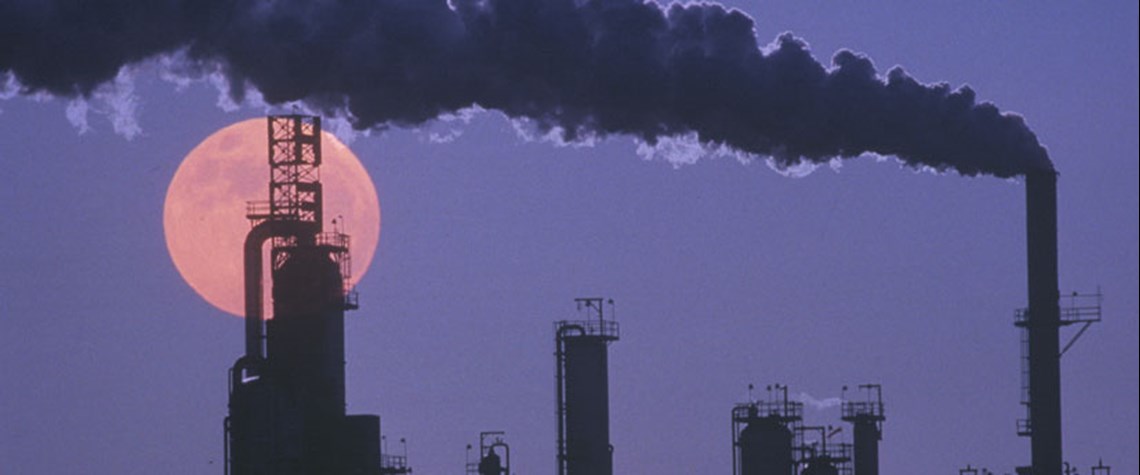Methane emissions face digital disruption
A range of available tools and scalable technologies is helping drive the hydrocarbons industry towards a low methane future
Operators may have woken up to the potential of automation to reshape business efficiencies and cut costs throughout the past pandemic year. But the next digital frontier will be harnessing technologies to confront emissions and pivot the oil and gas sector towards net zero. A methane mitigation strategy will be at the top of the agenda for many on the path to greater digital maturity and portfolio decarbonisation. “Methane emissions are particularly important because it is a more potent greenhouse gas than CO2,” says Samantha Gross, director of energy security & climate initiative at US thinktank Brookings Institution. “Its 20-year global warming potential is about 84 times that of CO2,

Also in this section
26 February 2026
OPEC, upstream investors and refiners all face strategic shifts now the Asian behemoth is no longer the main engine of global oil demand growth
25 February 2026
Tech giants rather than oil majors could soon upend hydrocarbon markets, starting with North America
25 February 2026
Capex is concentrated in gas processing and LNG in the US, while in Canada the reverse is true
25 February 2026
The surge in demand for fuel and petrochemical products in Asia has led to significant expansion in refining and petrochemicals capacities, with India and China leading the way







